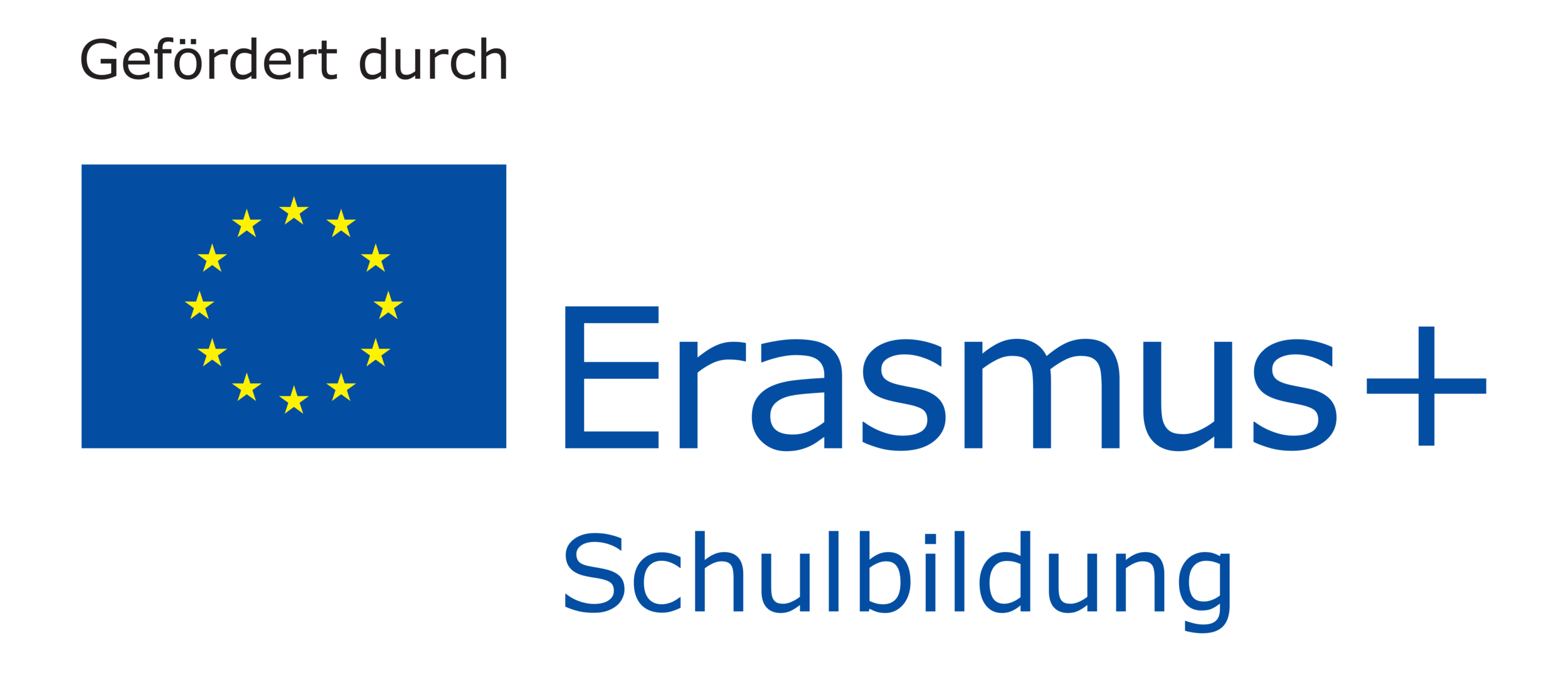Developing Diversity Competency
Diversity competence involves fostering an understanding of how each person’s culture and family surrounding shapes their values, behaviour, beliefs and basic assumptions.
This means recognising that everyone is shaped by their family and cultural background. This inevitably influences how children interpret the world around them, perceive themselves and relate to other people from a very young age.
For these reasons, it is important to develop an awareness of how an educator’s own cultural norms and practices impact their beliefs and to find out more about all of the different families, cultures and ethnicities represented in the kindergarten setting (Crouch S. , Waters, McNair, Power, & Davis, 2012).
“The main difficulty is that educators may feel uncomfortable addressing prejudice. If a child makes a comment about Raffa’s family and educators aren’t confident or well informed on the situation, they may instead respond by simply saying that it’s not nice to say those things or that we’re all friends or that everyone has a mother. The educator may believe that they are helping the child in this instance but in fact they are just skimming over the issue, making generalizations and perhaps even complicating the matter further.
Talking about differences and diversity is often a sensitive subject. Responding to prejudice or discriminatory attitudes and behaviours can be particularly confronting. However, it’s important for Raffa and all children to deal with these issues when they arise (tolerance, 2019). ”
Understanding one’s own assumptions and personal beliefs can help educators be more self- aware and effective in responding to prejudice and discrimination.

